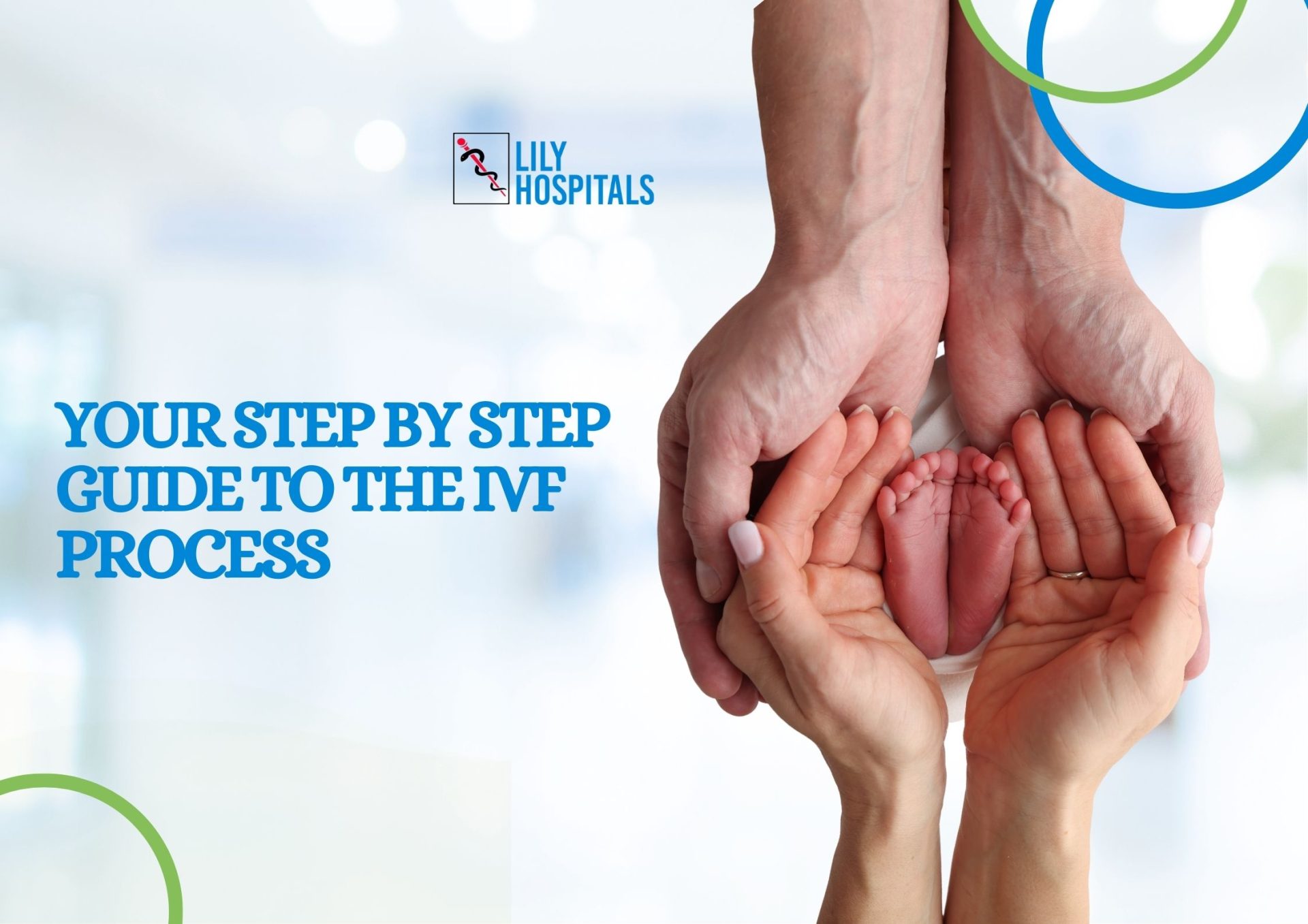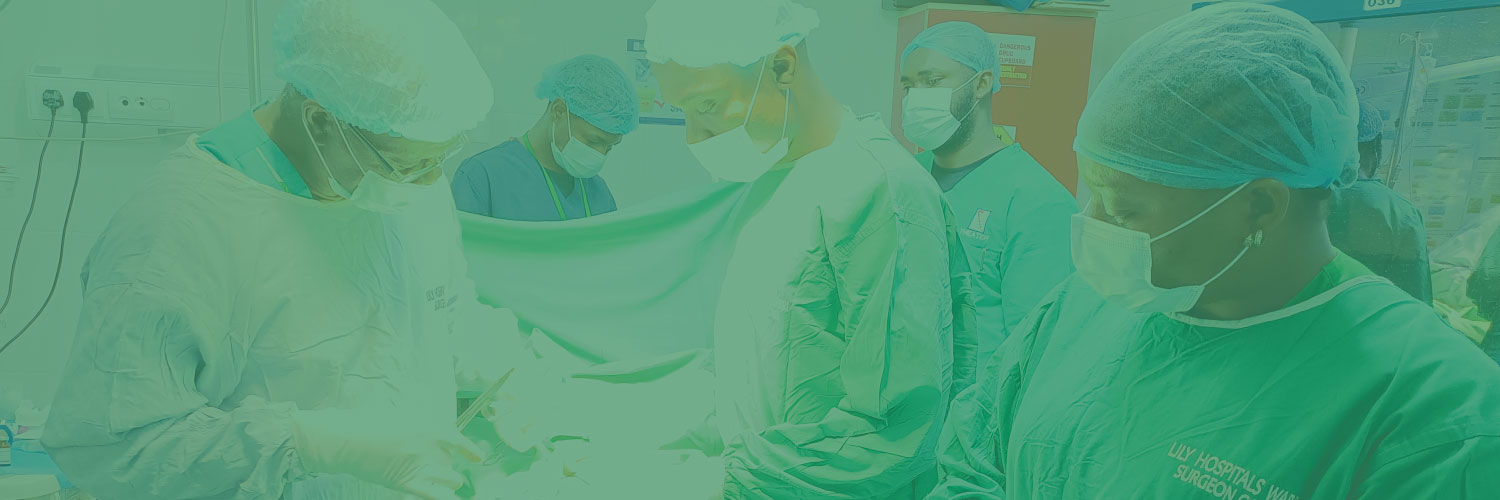
In time past, infertility has plagued homes, ruining the beautiful relationships between couples, inlaws, friends and sometimes having a negative impact on society. But thanks to Sir Robert Edwards who invented the Assisted Reproductive Technology (ART), which is widely known as IVF in the 1970s. This led to the birth of Louise Brown in 1978, and millions of other babies worldwide, in the past 4 decades.
Today, couples can give birth to their babies, regardless of any odds, through IVF. In this article, we are going to walk you through the process of IVF.
What is IVF?
IVF is In Vitro Fertilization: an assisted reproductive technique where egg and sperm are fertilized in a lab disk and then transferred to the uterus. In this process, viable eggs are taken from the female or an egg donor, and from the male or a sperm donor in a laboratory. Fertilization is done outside the woman’s body, and the fertilized egg (now an embryo) is transferred into the woman’s body.
If the embryo implants itself into the uterus, pregnancy has occurred. The complete IVF process takes a period of 2-4 weeks, and it involves a series of procedures.
The IVF Process
Consultation:
At the beginning of your IVF cycle, you’ll book a consultation with our specialist to discuss the processes involved, your individual needs, and to decide if IVF is the right path for you. Here are the complete breakdown of the discussions you’ll have with our specialist during your consultation:
1. Medical History and Assessment:
You will have a detailed discussion about you and your spouse’s past and present health conditions, your menstrual cycle, any previous fertility treatment that you have tried, any major surgery you may have had in the past.
Also, you will be asked about your lifestyle habits as regards your diet, exercise, alcohol consumption, smoking, stress level etc.
2. Family Building goals:
During your consultation, you will also discuss your childbearing plans: number of kids, pregnancy spacing, etc
3. Potential Outcomes:
Our specialist will explain to you the likelihood of success, potential risks and complications during the IVF process.
4. Follow Up Plan
The next steps will be unveiled. This includes any required diagnostic tests, medication and the timeline for the IVF cycle.
Ovarian Stimulation
In each natural reproductive cycle, one egg becomes mature enough to ovulate, the other immature eggs disintegrate. During Ovarian Stimulation, hormone medications are injected to enable your ovaries to produce multiple mature eggs instead of one.
The medications included Clomiphene Citrate (CLOMID), or Follicle Stimulating Hormone (FSH). Factors like your age, medical history, hormonal level will determine the type, dosage and frequency of the hormone medications that you will be given.
The medications are administered within 14 days, with constant monitoring to track folicle development. Though it is temporarily discomforting, our fertility team is here to offer maximum suppport to ensure your comfort.
Also, in order to improve the quality of your eggs, eat healthy diets, limit the amount of processed food that you consume, engage in moderate exercise, and have an overall healthy lifestyle.
Egg Retrieval
After the ovarian stimulation process, eggs are collected from your ovaries using a thin needle, under the guidance of ultrasound. Our embryologist will examine the eggs retrived to determine their quality, maturity and viability. 36 hours before the retrieval, medications will be given to you to ensure that your eggs are fully matured.
There is no limit to the number of eggs that will be collected from your ovaries, but be rest assured that any unused viable eggs can be frozen for another IVF process.
This process is a short one that lasts between 15-30 minutes. No worries, the egg retrieval process is painless since it is done under sedation or anesthesia.
Semen Collection
Your partner will need to produce semen, so that fertilization of the retrieved eggs will be possible. Before the day of the semen collection, there should be no sexual intercourse 2-3 days, but not more than 5 days. This is to ensure that the semen is of high quality. Your partner also needs to maintain a healthy lifestyle.
Egg Fertilization
The retrieved eggs are placed in a culture dish and examined under a microscope before fertilization is done. The eggs are placed in a condition that supports their needs and growth, similar to the environment in the fallopian tube.
In the culture dish, sperms are placed with the eggs to allow natural penetration and fertilization.
However, sperm can be injected into each viable egg in a technique called intracytoplasmic Sperm Injection (ICSI).
After fertilization is successful, embryos are developed for several days in an incubator. These days, our specialists monitor their growth.
Embryo Transfer
After fertilization has taken place, the embryo is transferred into your uterus. This process does not require sedation or anesthesia because it is quick and painless.
Under the guidance of ultrasound, a thin catheter is used to place the embryo into the ideal location. The catheter is inserted into your uterus from your cervix. The number of embryos that are transferred is based on your choice, age and embryo quality.
Pregnancy Test
This is the last part of your IVF circle, and it is done two weeks after the embryo was transferred into your uterus. Even though you may want to test for pregnancy in the comfort of your home, doing it at our facility will ensure accuracy of your results.
If the transferred embryo successfully implants itself in your uterus, viola! You are pregnant. Congratulations on your journey to motherhood.
Tips to ensure that your IVF journey is successful
- Always prioritize eating healthy.
- Ensure to take adequate rest and reduce stress levels
- Regular exercise cannot be overlooked
- Intake of hard drugs, alcohol and harmful substances should be eliminated
- Take care of your Psychological health: anxiety, worry, fear are harmful to your IVF cycle.
- Maintain a healthy weight.
- Strictly adhere to your IVF treatment plan.
Final Thoughts
In Vitro Fertilization (IVF) is a remarkable solution for infertility. Apart from dealing with infertility, IVF is a method you can use to prevent genetic disease transmission, preserve fertility, and most importantly a sure method in birth control. At Lily Hospitals, over 2000 babies have been delivered since the inception of our Fertility Center in 2008, yours can be added to the number. Visit our Fertility center today.
Frequently Asked Questions
1. What will be done with the used embryos?
Unused embryos can be cryopreserved for future IVF, donated for either research or to another couple to carry out their own IVF process. They can also be discarded
2. Does egg retrieval harm your remaining eggs?
Egg retrieval does not harm your remaining eggs, since only the eggs that would have been lost during your next menstrual cycle are collected.
3. Are IVF pregnancies high risk?
No, IVF pregnancies are not high risk.
4. Can I have multiple babies with IVF?
You can have multiple babies with IVF.


